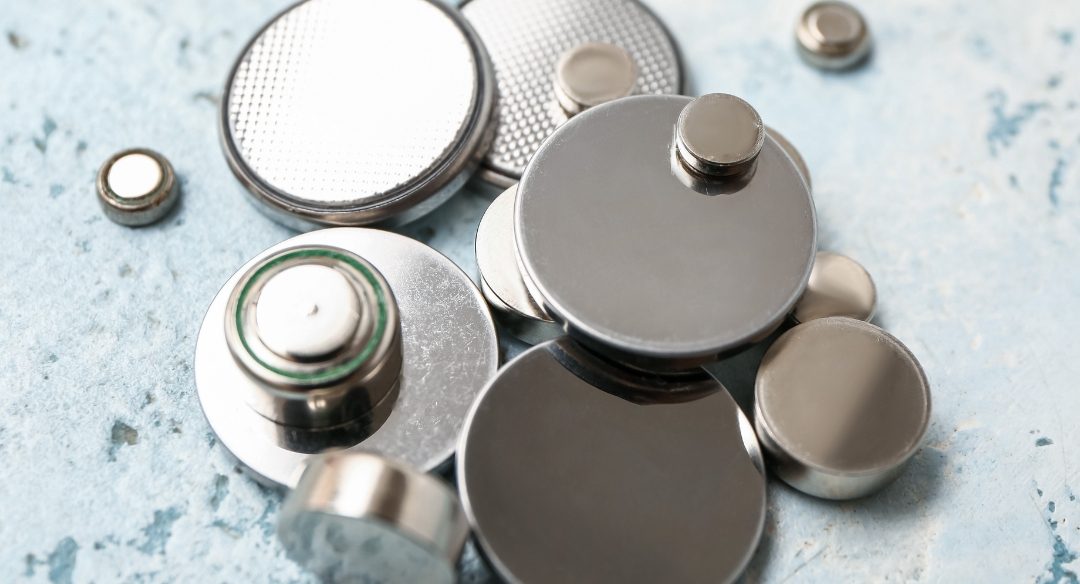The Costco Connection Magazine ran an article a few years back about keeping button-sized batteries out of reach for children and toddlers. While in residency, my husband Matthew cared for a one-year-old girl who accidentally swallowed a small battery. With all the saliva and mucous in the digestive system, electricity was conducted through the battery and the soft lining of her esophagus was burned. Over the following year, the toddler had to be put under general anesthesia three times to have her esophagus surgically repaired. Her surgeon believed that more operations would probably have to be planned in the future and the poor child would never have a completely normal digestive system again. This haunting case remained close to his heart for years.
With the holiday season here, it’s important to understand the dangers of batteries for small children. We all know they like to put everything in their mouths, especially if it’s small. In a technology focused world, a lot of electronic toys and devices require these small, but powerful lithium batteries including musical holidays cards which I am sure all of us will be receiving this month. If your child were to swallow one of these, it is imperative to go to the ER right away to get it removed. Even if it’s a dead battery, damage can still occur in as little as two hours.
Here is the article from Costco Connection Magazine:
“Keep Out of the Mouths of Babes” by David Wight
Small “button” batteries, found in countless home and personal electronic devices, represent a huge danger to children. Since 1985, more than 3,500 injuries and at least 17 deaths have been attributed to children swallowing button batteries, according to Energizer, a battery industry leader and a partner with Safe Kids USA in a child-safety advocacy group devoted to raising awareness of this threat.
Many homes have older devices not equipped with the more current safety approaches being used by manufacturers. Calculators remote control devices, cameras, penlights, hearing aids, cellphones, and watches are just a few of the devices that use button batteries, which can also be found in musical greeting cards.
Choking is not the danger. The big risk is the power emitted by these tiny but powerful lithium batteries. When combined with saliva or other body fluids, the result can be a serious burn. The battery doesn’t have to leaking for that to happen, and even a weak or dead battery will have enough of charge left to do damage.
Immediate action is required if you suspect a child has swallowed a button battery. It takes as little as two hours for a hole to be burned in or through a child’s esophagus, trachea, stomach or nasal-septum, leading to serious illness or even death.
If you think your child has swallowed a button battery or has placed one in his or her nose, seek medical attention immediately. Button batteries are visible on an x-ray. If one is detected in the esophagus, trachea, ear or nose, it must be removed as soon as possible to prevent serious injury.
Tips for a battery-safe home
- Keep spare or dead batteries as inaccessible to children as medications or products containing poison.
- Never let children play with batteries.
- If you have devices that use button batteries, make sure to secure the battery compartment from your child’s prying fingers. Extra layers of tape over the battery compartment door may prove effective.




